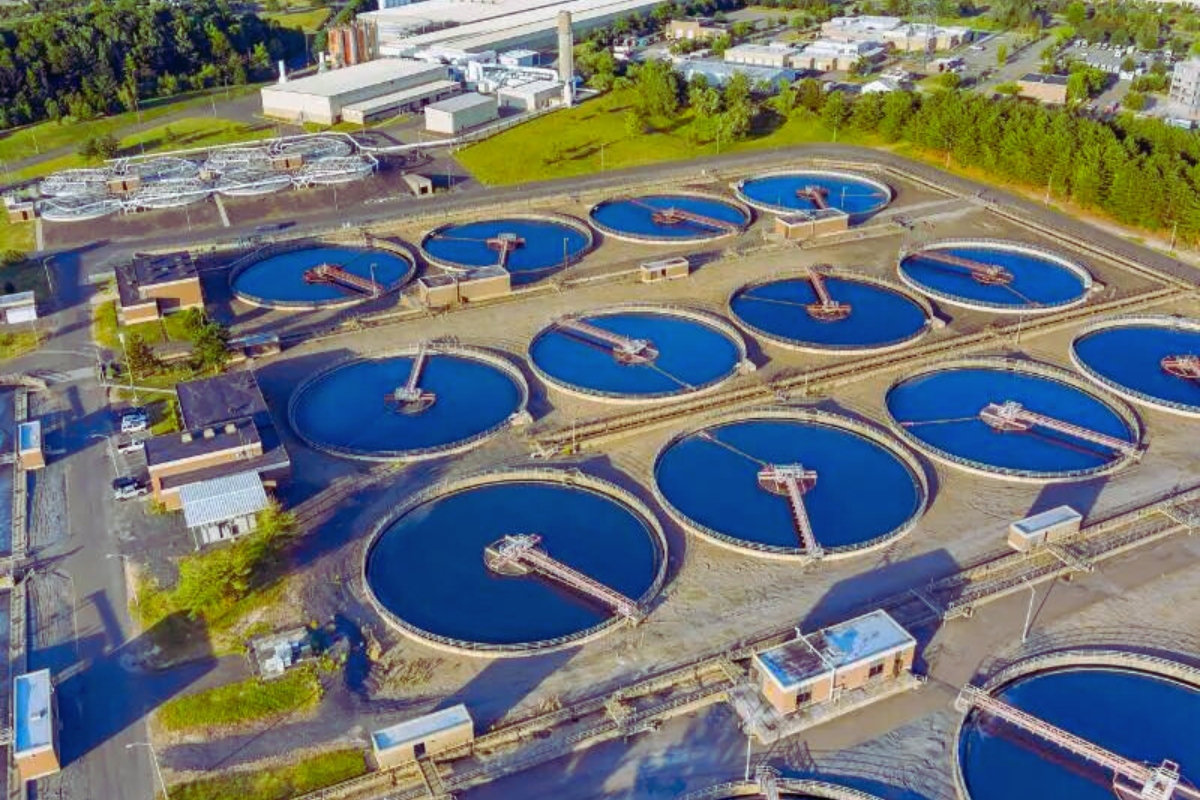Is Hydrogen Peroxide Safe For Septic Tanks
Is hydrogen peroxide safe for septic tanks. Septic systems play a crucial part in overseeing household wastewater in regions without access to centralized sewer systems. It is critical to keep septic tanks useful and sound in order to avoid contaminating the environment and to secure human wellbeing and ecosystems.
In later years, there has been an interest in elective and environmentally friendly strategies for septic tank maintenance, with hydrogen peroxide rising as a potential candidate. This article aims to delve into the security and efficacy of using hydrogen peroxide in septic tanks.
Is hydrogen peroxide safe for septic tanks


Understanding Septic Systems
Before investigating the effect of hydrogen peroxide on septic systems, it is essential to comprehend how these systems work. Septic tanks are underground structures that collect and treat wastewater from households. Bacteria inside the tank break down strong waste, and the treated water, known as effluent, is then dispersed into a depleted field. Proper maintenance is significant to anticipate the accumulation of slime, which can lead to system failure and natural pollution.
Hydrogen Peroxide: An Overview
Two hydrogen and two oxygen atoms can combine to form the chemical molecule known as hydrogen peroxide (H2O2). It might be an efficient oxidizing specialist that has been applied as a cleaning agent, hair dye, and wound disinfectant, among other uses. Because of its alleged advantages, some homeowners have been looking into using hydrogen peroxide as a septic tank supplement for a while.
Safety Considerations
One of the primary concerns when introducing any substance into a septic system is its effect on the fragile balance of microorganisms dependable for breaking down waste. Hydrogen peroxide, in direct concentrations, is generally considered secure for septic tanks. However, caution must be worked out to avoid using high concentrations, as this can harm the useful bacteria that are significant for the system’s proper functioning.
The compound hydrogen peroxide is known to break down into oxygen (O2) and water (water vapor), both of which usually appear in the environment and unlikely to cause injury. Nevertheless, in arrange to decrease the plausibility of adverse impacts on the septic system, it is essential to use food-grade or diluted hydrogen peroxide.
Benefits of Hydrogen Peroxide in Septic Tanks
- Oxygenation of the System: An aerobic condition is created in the septic tank by adding oxygen with hydrogen peroxide. This promotes the growth of aerobic bacteria, which decompose natural materials more efficiently than anaerobic bacteria.
- Odor Control: Hydrogen peroxide’s oxidizing properties can help control foul odors radiating from the septic system. By neutralizing sulfide compounds, it decreases the characteristic spoiled egg scent associated with anaerobic digestion.
- Sludge Reduction: Some thoughts suggest that hydrogen peroxide may help in breaking down accumulated sludge in septic tanks. This may possibly prolong the lifespan of the system and decrease the frequency of pumping.
- Biodegradability: Hydrogen peroxide decomposes into water and oxygen, leaving behind no harmful buildups. This aligns with the standards of environmentally friendly septic system maintenance.
Precautions and Best Practices


Even though hydrogen peroxide can offer assistance septic systems, it’s imperative to require the proper precautions to ensure both safety and effectiveness.
- Use Diluted Solutions: Only use weakened hydrogen peroxide arrangements, ideally food-grade, to avoid hurting beneficial bacteria in the septic tank.
- Moderation is Key: Avoid overusing hydrogen peroxide, as high concentrations can disrupt the microbial adjustment inside the septic system.
- Regular Monitoring: Monitor the execution of the septic system frequently, and discontinue hydrogen peroxide use if any adverse impacts are observed.
- Consult Professionals: It is best to look for advice from local wellbeing officials or septic system specialists before adding any additives, including hydrogen peroxide, to the septic system.
Conclusion
Hydrogen peroxide, when used mindfully and in moderation, can be a safe and viable additive for septic tanks. Its capacity to oxygenate the system, control odors, and possibly reduce sludge makes it an appealing alternative for environmentally conscious homeowners. However, users must exercise caution, follow best practices, and screen the system frequently to ensure the continued wellbeing and functionality of their septic tanks. Consulting with experts before presenting any additives is always a prudent step to take.






